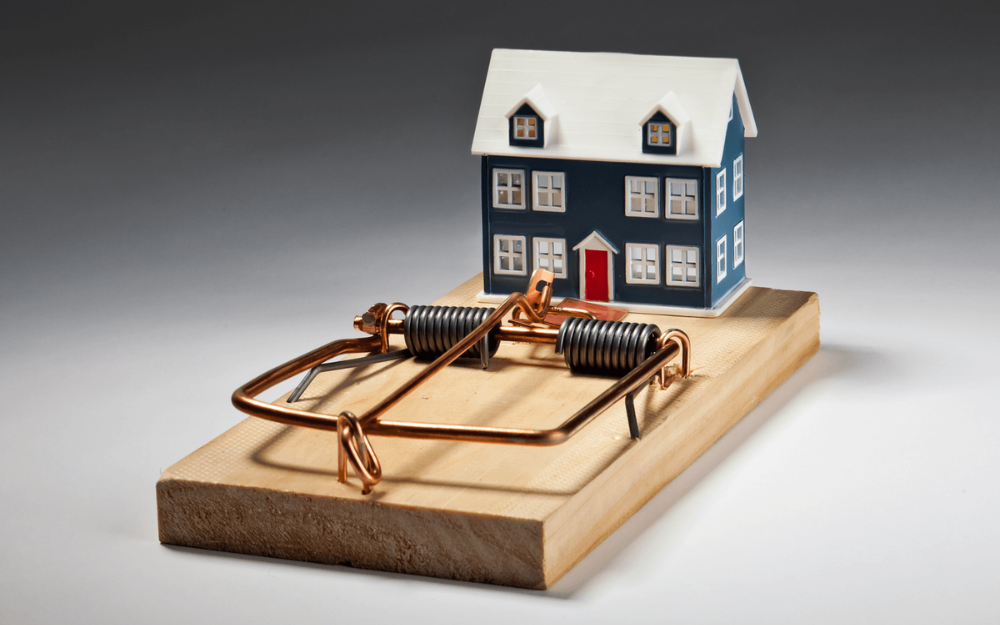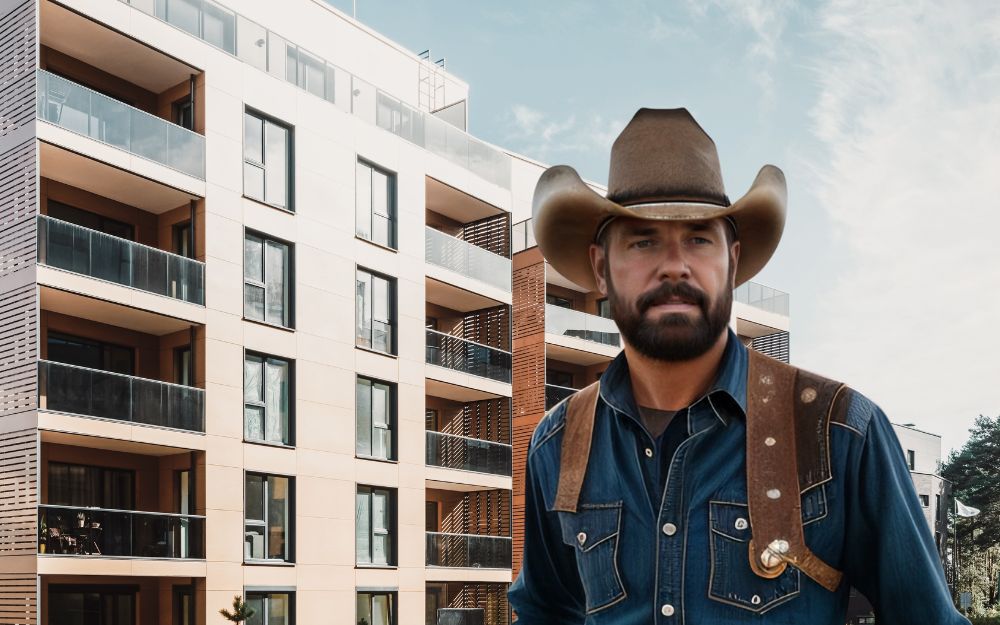The Quebec Federation of Real Estate Boards (QFREB) reveals that about thousands of units (house,…

Buying a condo: 5 important points to consider to avoid nightmares!
The acquisition of a condo has several aspects that must not be overlooked if one wants to avoid unpleasant surprises. When buying a condo, it is important to keep in mind that you are also getting the management of the entire building. In other words, you must ensure that the management of the building, carried out by the syndicate of co-owners, is well administered and planned in order to avoid future calamities. Read our article to discover 5 important elements to check when buying a condominium unit to make an informed choice.
Are you considering buying a condo?
You can count on our home inspectors to learn as much
as you can about the condo unit you are interrested in!
- Do they have two separate accounts for their maintenance and contingency funds ?
To ensure proper maintenance of the building and the common areas, the common charges must be divided in two categories: general maintenance and contingency funds. The first fund is used to cover the current maintenance of the building (lawn mowing, snow removal, janitorial services, etc.) while the second is used to pay the replacement costs for building components in the long term (windows, roofing, etc.). If the contingency fund is well managed and well planned, no additional contributions will be required for remedial work when it becomes necessary. The need to have two separate accounts is to maintain an accurate track of the amount accumulated for future purposes. If the two funds are mixed, it is almost impossible to know how much owners actually have in the bank for the replacement of the building’s components.
- Has a contingency fund study been conducted?
Once you have determined whether or not the co-ownership syndicate has a contingency fund separated from the maintenance fund, the next step is to determine if the accumulated funds will be sufficient. According to the Civil Code, 5% of the amount of common charges (accumulated through condo fees) should be set aside as contingency funds. However, this amount is generally insufficient considering the current cost of materials and manpower. An amount of 15% set aside will provide better preparation for future maintenance.
A contingency fund study is used to determine what elements will need to be change on the building, when it will become necessary to change them, and how much money should be available at that time to pay for the work. A well-executed contingency fund study ensures that the owners won’t have to pay additional contributions for the execution of the repair work on the building.
- Does harmony prevail in the neighborhood?
It is easy to draw a portrait of the relations between neighbors by looking through the records from previous years. In these documents you will see the prevailing ambience among co-owners and also be able to see if there is discord between the owners, whether additional contributions have been necessary in previous years or if there is a lack of participation and involvement from the owners.
- What are the condo fees?
It is certain that low condo fees are attractive for anyone’s budget. But, it is preferable to be suspicious of those low fees because this situation is often the sign of a mismanagement of the common charges. The condo fees must cover the current maintenance costs of the building and a portion must be set aside for the contingency fund. If the condo fees are too low, it can easily be deduced that the contingency fund is not well stocked. It is therefore likely that a special contribution will be required when work will need to be done, such as roof replacement, for example. So it is important to check this out when considering buying a condo.
- Is the insurance coverage adequate?
Some insurers may refuse to insure a co-ownership syndicate or even the co-owners if the building is not sufficiently well maintained. It is important to ensure that the syndicate has properly insured the entire property and that the deductibles are reasonable. Sometimes, some insurers will still decide to insure a building considered “risky”, but will require a large insurance deductible on the other hand. This situation may cause additional contributions from the co-owners in the event of a claim.
In summary, buying a condo has several aspects to consider other than the unit itself. It is sometimes difficult to have an overall picture of our investment since part of it is managed by a syndicate. To ensure your peace of mind and avoid additional dues, call our experts to help you find the answers to these 5 key questions about your condominium and make an informed choice!
Are you considering buying a condo?
You can count on our home inspectors to learn as much
as you can about the condo unit you are interrested in!


